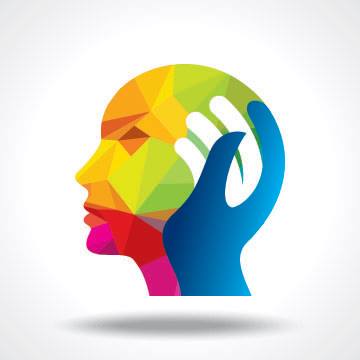If you believe people develop emotional maturity at age 18, you might want to reconsider that notion, according to a study on how human brains develop.
The human prefrontal cortex is not fully developed until around the age of 25. Sandra Aamodt, a neuroscientist, states the changes that occur in the brain between puberty and full adulthood are only about halfway completed by the age of 18 (which is the age when one is legally considered an adult in most states).
It gives credence to the notion that today’s adolescent and young adults lack a certain level of emotional maturity. Despite the increase in the quality and amount of information available to them, young people appear incapable of possessing and displaying intellectual smarts and full emotional maturity at the same time. For example, a highly intelligent 14 year-old may attend classes at a college campus, but cannot handle social-emotional engagements of his or her fellow college classmates.
A study published by Dr. Benjamin Selder and his associates in the journal Social, Cognitive and Affective Neuroscience suggests that people attain full emotional maturity at age 60 and beyond. Older adults tend to have more empathy and are able to connect and deal directly with stressful situations in comparison to younger individuals. In addition, older adults tend to look for the silver lining in bad circumstances. Younger people, on the other hand, are less inclined to do so, and instead, sought out distractions..
In sum, as we grow older, the accumulation of life experiences makes us emotionally stronger and empathetic, better able to deal with difficult emotional situations, and gives us the ability to comfort others.
Some things do get better with age.

